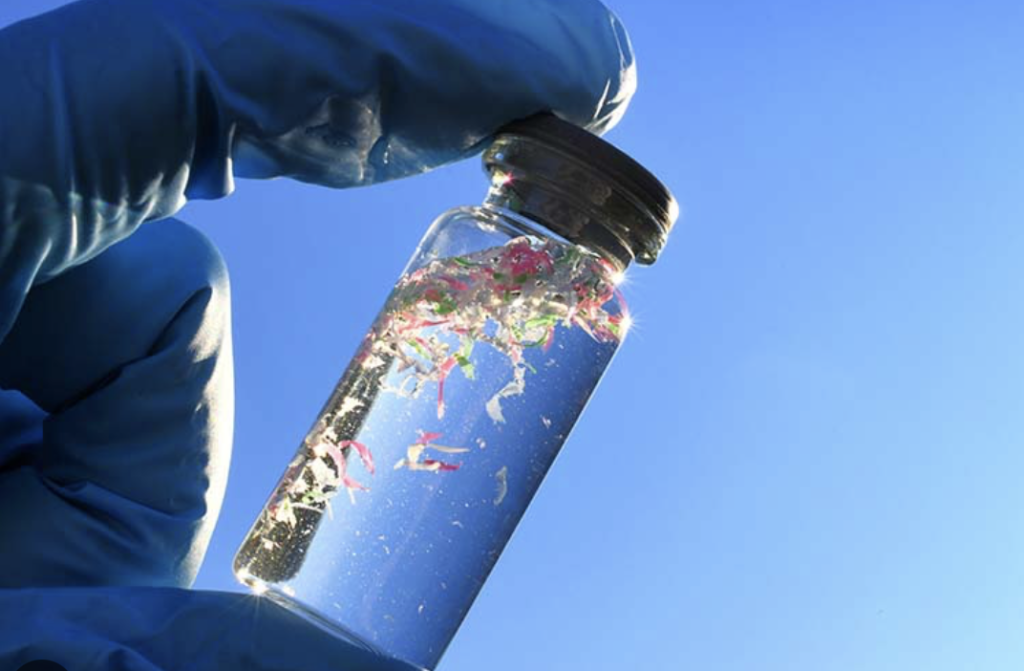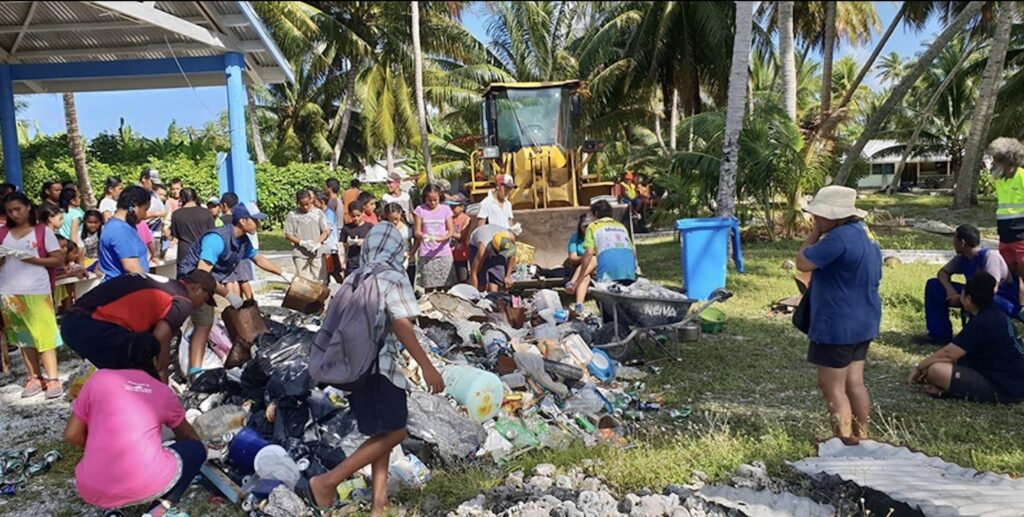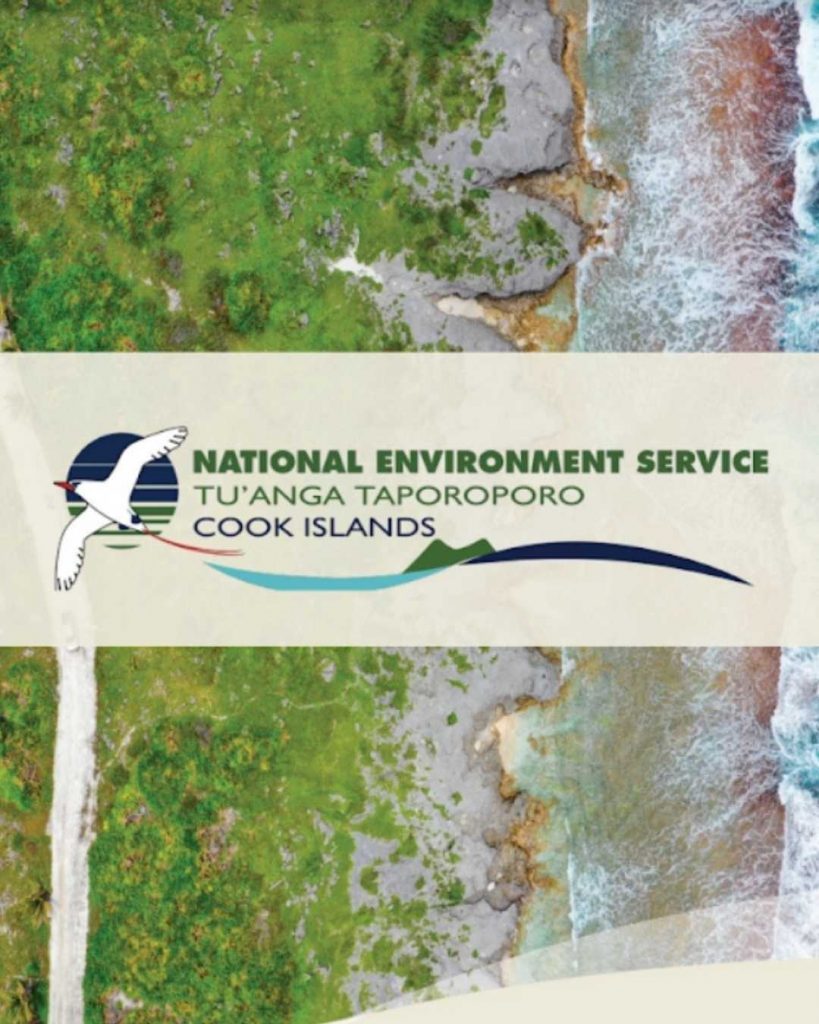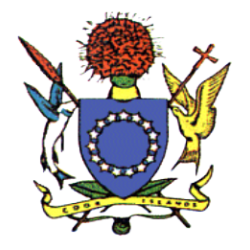The Cook Islands delegation recently participated in the Intersessional Workshop in Thailand last month to focus on key global issues related to plastic pollution. The workshop was mandated by INC4 held in Ottawa, Canada earlier this year in April to convene two expert groups: Means of Implementation (Finance, Capacity Building, and Technology Transfer) and Chemicals of Concern, Problematic & Avoidable Plastic Products, and Product Design.
Tekura Moeka’a represented Expert Group 1 on Means of Implementation, with technical support from Christina Dixon from the Environment Investigation Agency. Halatoa Fua represented Expert Group 2 on Plastic Chemicals, Products and Design, with technical support from Trisia Farrelly from the Scientists’ Coalition to End Plastic Pollution. Prior to the Expert Group discussions, Halatoa Fua attended a pre-meeting organised by the Worldwide Wildlife Fund (WWF), to bring together some members of the Asia Pacific Group to discuss a triage combined proposal on criteria approaches to streamline chemicals of concern in plastics, problematic and avoidable plastic products, and product design.
The Cook Islands and the broader Pacific Region engaged fruitfully in the forum through the exchange of knowledge and information, fostering productive discussions. They emphasized the need to incorporate the full life cycle of plastics within the Means of Implementation, advocating for a holistic approach that addresses every stage of the plastic life cycle—from production through to disposal. This stance is crucial to effectively tackling plastic pollution, especially for vulnerable large ocean states
The Cook Islands delegation also highlighted the significance of finance, capacity building, and technology transfer as essential tools to empower nations in their fight against plastic pollution. Furthermore, stressed that solutions must be tailored to address the special circumstances faced by the Pacific region, ensuring that the means of implementation are both effective and equitable.
Additionally, the Cook Islands delegation echoed the sentiments of the 53rd Pacific Islands Forum Communique, known as the “Bridge to Busan.” In line with Paragraph 70 of the Communique, leaders across the Pacific supported the ongoing efforts of the INC in developing an internationally legally binding instrument (ILBI) on plastic pollution, including in the marine environment. The Pacific region is committed to presenting a unified and strong position in these negotiations and endorses the “Bridge to Busan: Declaration on Primary Plastic Polymers” as part of this effort.
The workshop concluded with a reinforced commitment to collaborative actions aimed at addressing plastic pollution, with the Cook Islands and Pacific voices playing a pivotal role and we look forward to the upcoming meetings.
The Cook Islands would also like to take this opportunity to thank nominated experts to the Cook Islands – Trisia and Chris who were instrumental in providing technical support to the team.







